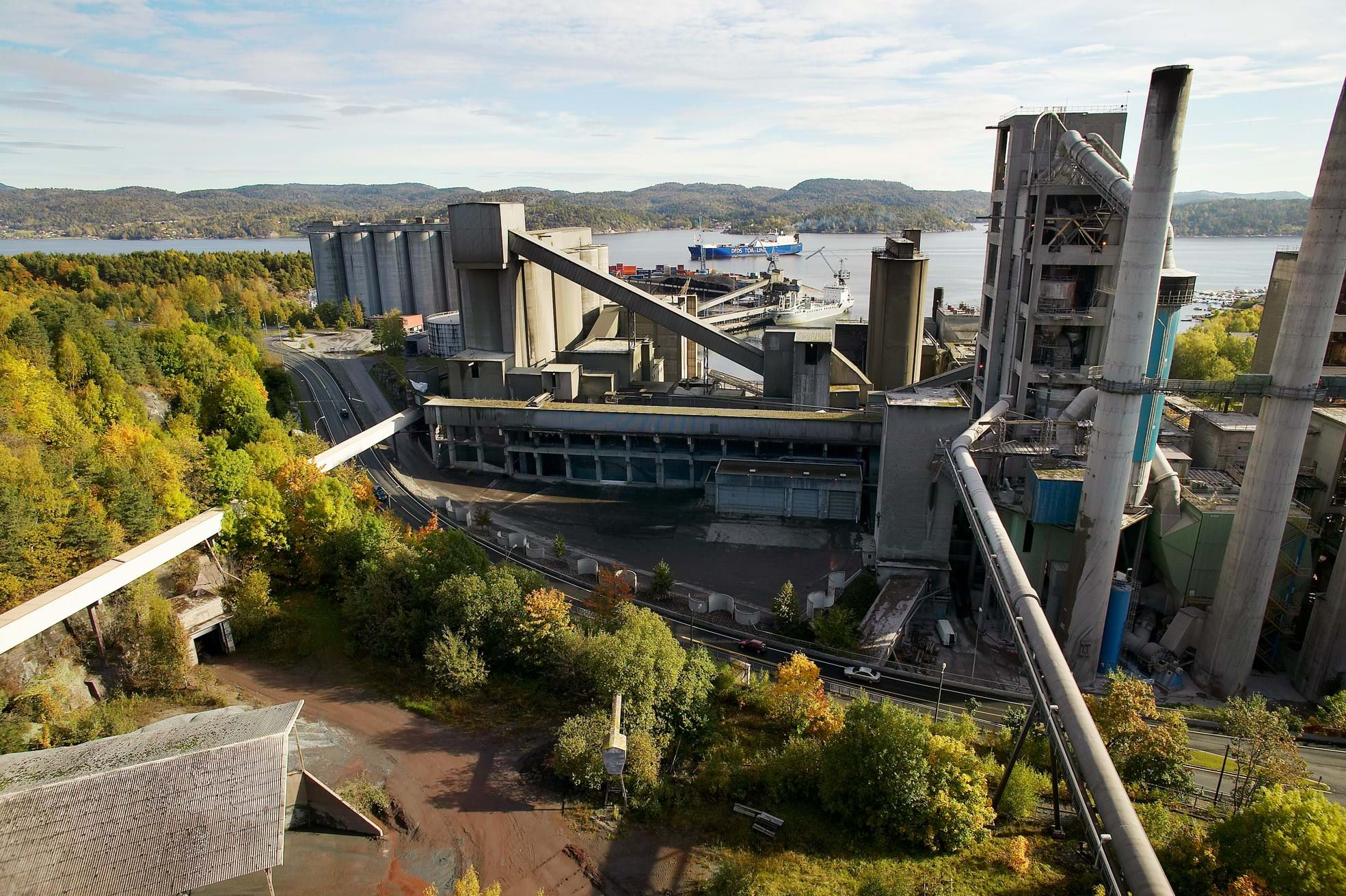Norway cuts budget for full-chain CCS project by 94%

THE Norwegian government has, in its 2018 budget, proposed cutting the funding for its flagship full-chain CCS project by 94%, from NOK360m (US$45.3m) to just NOK20m.
The overall CCS budget, covering all CCS activities and research, not just the full-chain project, has dropped by 61%, from NOK1.3bn in 2016–17 to NOK509m in 2017–-8. A source told The Chemical Engineer that the budget available for Gassnova, the Norwegian state enterprise for CCS, and CCS research facility Technology Centre Mongstad (TCM), will largely allow operations and research to continue, although the cuts are still savage.
Those in the CCS industry in Norway greeted the news with dismay. Trude Sundset, CEO of Gassnova, said that the cuts will have “serious consequences” for the planned CCS project, which it is hoped will capture carbon from at least one industrial source, transport it by ship to a terminal, then store it in saline aquifers under the North Sea on the Norwegian continental shelf.
At present, the full-chain demonstration is expected to be up and running by 2022, already having been delayed from 2020 after feasibility studies showed that more time is needed to develop the storage facilities. The Chemical Engineer’s source said that the “disastrous” cuts may lead to a pause in activities early next year, and at best will mean that the projects can only do the bare minimum. The source pointed out that carrying out front end engineering and design (FEED) work for the three capture projects (Klemetsrud waste-to-energy facility, Norcem’s cement works at Brevik, and the Yara ammonia plant in Porsgrunn) means that the transport project and the storage project will be all but impossible with just NOK20m.
Jannicke Gerner Bjerkås, head of communications at Fortum Oslo Varme, which runs the Klemetsrud waste-to-energy site, said the news was “disturbing”.
“If the budget stands as proposed from the government, this will most probably lead to delays, and the risk of losing key resources from the project organisation is a big concern. We are also worried that the mixed signals and changing course from the Norwegian government may harm the project and our work to sell the message about CCS and its importance abroad, and lead to the capture technology actors pulling out,” she said. “But hopefully the coalition partners will put this high on their agenda for negotiations, and the CCS budget will be reinforced.”
On 19 October, a group of various Norwegian industrial federations, LO, the Norwegian Confederation of Trade Unions, and NHO, the Confederation of Norwegian Enterprise, covering both employers and employees, wrote to the members of the Norwegian parliament’s Energy and Environment Committee and the minister of petroleum and energy Terje Søviknes to oppose the planned cuts in the CCS budget. The letter raises concerns that the full-chain CCS project could collapse entirely, as the start-up date vanishes ever further into the distance, knocking investor and partner confidence and resulting in the cancellation of agreements.
Environmentalists are also concerned. Olav Øye, CCS advisor for environmental NGO Bellona said that the cuts are “incomprehensible”.
“By taking such steps, the government sows doubt amongst all the actors involved in CCS activities in Norway. The technology is ripe and industry is ready. This budget risks undermining all other policies and investments on climate change. The budget sends a signal that Norway is no longer serious about CCS,” he said, adding that it is vital that the budget is changed and the full-chain CCS project fully funded.
However, the Ministry of Petroleum and Energy denied that it is no longer serious about CCS. In an emailed statement, ministry political adviser to Søviknes Christian Haugen told The Chemical Engineer that the Norwegian government still aims to realise at least one full-scale demonstration project, but that “a systematic and targeted approach” is necessary.
“The Ministry of Petroleum and Energy will therefore present a comprehensive report to the Storting [the Norwegian parliament] on the progress of the Norwegian full-scale CCS project once the concept studies on capture and transport have been reviewed and at the latest in the revised national budget for 2018. The goal of the Ministry of Petroleum and Energy is to present the comprehensive report to the Storting as early as possible in 2018,” he said. “In addition to the full-scale effort, TCM and the research program CLIMIT are important instruments to achieve the Norwegian CCS ambition. The government proposes to grant close to NOK400m to CLIMIT and TCM in 2018."
Antonios Papaspiropoulos, global lead on advocacy and communication at the Global CCS Institute, told The Chemical Engineer that he was “encouraged” by the ministry’s comments.
“The Institute is mindful that Norway has always paved the way in CCS development, and it continues to do so with Europe’s two pioneer large-scale facilities, Sleipner and Snøhvit. These two facilities alone have successfully and safely captured more than 20m t of CO2 in their more than 20-year life. We believe the life of CCS in Norway will continue to evolve and prosper long into the future,” he said.
Recent Editions
Catch up on the latest news, views and jobs from The Chemical Engineer. Below are the four latest issues. View a wider selection of the archive from within the Magazine section of this site.




